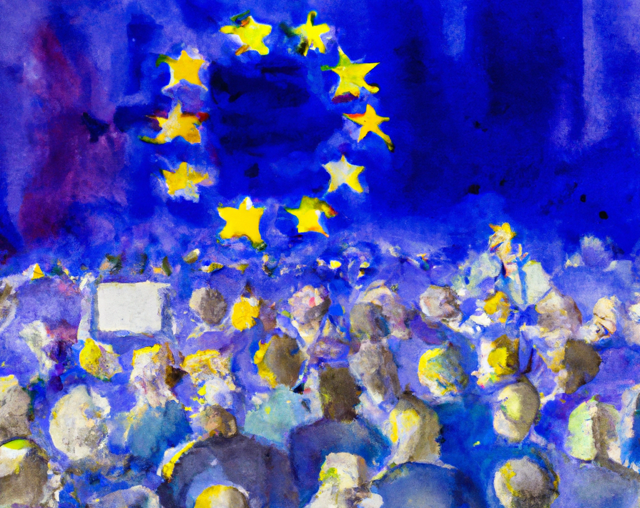Key takeaways from January include: Transparency about data processing and retention: In a reminder of the importance of transparency under the GDPR, and the need for companies to make their…
Key takeaways from December include: Concept of non-material damage under GDPR: In an expansive reading of the right to compensation under GDPR, a data subject’s fear that their personal data…
Key takeaways from November include: AI Regulation: Businesses utilizing AI in the EU, particularly those in healthcare and generative AI, should keep in mind that European authorities and regulators continue…
Key takeaways from October include: Employee monitoring: Following new guidance issued by the UK ICO, employers may want to review their existing employee monitoring to ensure it meets the regulator’s…
On 26 October 2023, the Bank of England, Prudential Regulation Authority (“PRA”) and Financial Conduct Authority (“FCA”, collectively the “UK Financial Authorities”) published FS2/23 on Artificial Intelligence and Machine Learning…
Key takeaways from September include: UK-US data bridge: From 12 October 2023, UK businesses will be able to transfer personal data to certain US organisations certified under a UK-specific extension…
As businesses adopt Generative AI tools, they need to ensure that their governance frameworks address not only AI-specific regulations such as the forthcoming EU AI Act, but also existing regulations,…
Key takeaways from August include: Conflicts of interest: Businesses should consider re-evaluating their data protection officer’s role and responsibilities, including dual roles on boards and committees, to prevent conflicts of interest…
Key takeaways from June and July include: Data transfers to the U.S.: Business may want to revisit their cross-border data transfer arrangements following the new adequacy decision for the EU-U.S.…
Key takeaways this May include: Facial recognition: Businesses, including those with no presence in the EEA, face continued challenges in establishing GDPR-compliant facial recognition technology after the French CNIL fined…










